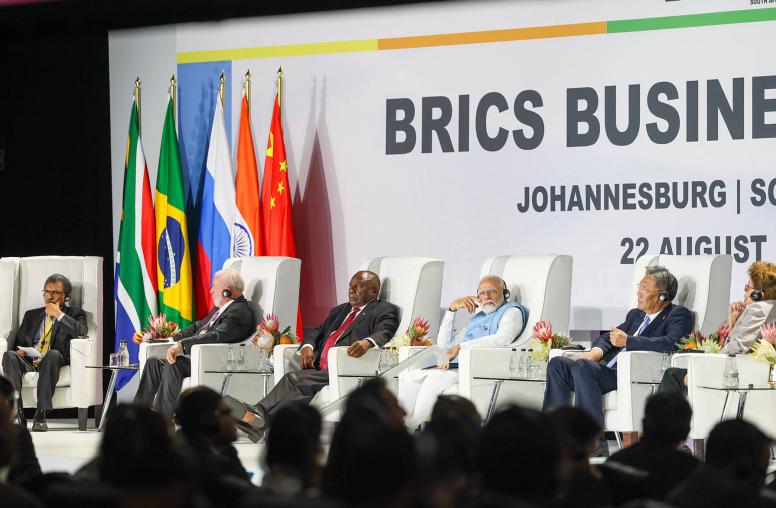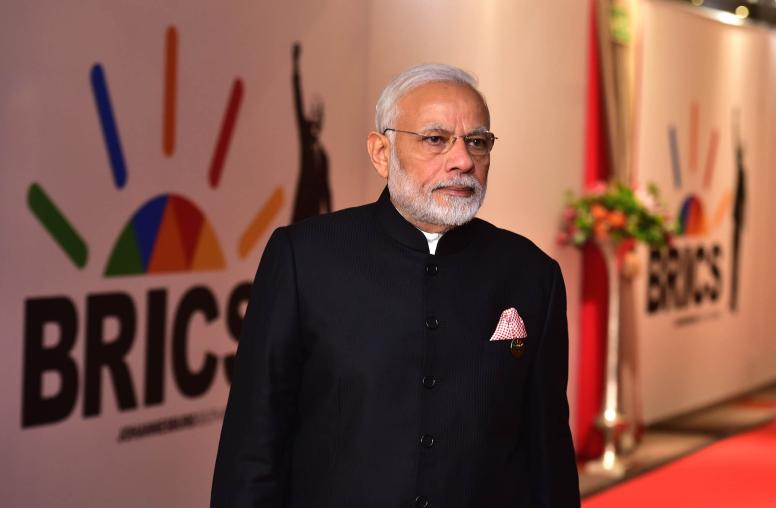In the 25 years since it became a full nuclear power, India has expanded its nuclear arsenal as part of its playbook for handling a severe crisis with neighboring Pakistan or China. But with increased nuclear readiness comes the elevated risk that miscommunication between the region’s various nuclear states and armed actors could result in a nuclear escalation. The University at Albany’s Chris Clary, San José State University’s Karthika Sasikumar and the Carnegie Endowment for International Peace’s Ashley Tellis discuss the biggest changes to India’s nuclear program, the most worrisome threats to nuclear peace in Southern Asia and how to boost strategic stability in the region.



